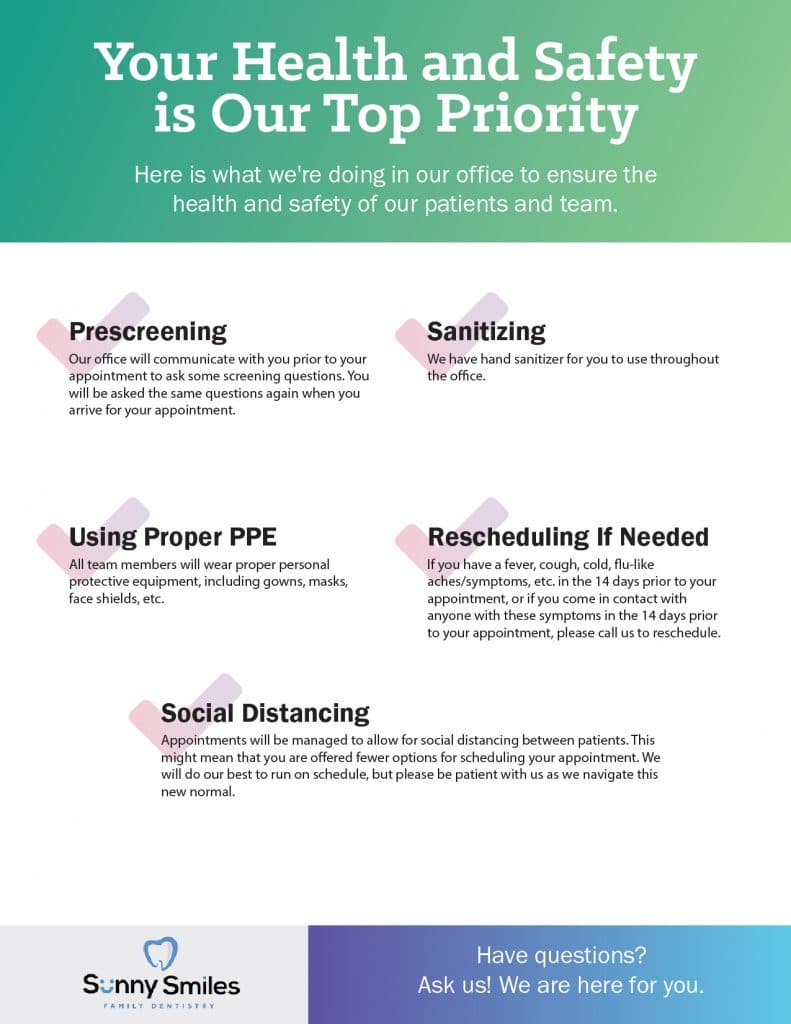 Dental implants are the most advanced form of tooth replacement, and are the only option for reestablishing the roots that supported your lost teeth. With implants, you can not only enjoy sturdier, more comfortable replacement teeth, but also benefit from a stronger, healthier jawbone in the long run. However, before you can receive them, you have to qualify for dental implants, mainly by having a strong enough jawbone and healthy enough gums to support them.
Dental implants are the most advanced form of tooth replacement, and are the only option for reestablishing the roots that supported your lost teeth. With implants, you can not only enjoy sturdier, more comfortable replacement teeth, but also benefit from a stronger, healthier jawbone in the long run. However, before you can receive them, you have to qualify for dental implants, mainly by having a strong enough jawbone and healthy enough gums to support them.
How many teeth have you lost?
Deciding on a dental bridge or denture depends on how many teeth you’ve lost. The good thing about dental implants, though, is that they can support any size dental prosthetic, no matter how many teeth you’ve lost. From a single tooth to an entire row of teeth, dental implants are often the preferred method for rebuilding incomplete smiles.
How healthy are your gums?
Gum disease is the leading cause of adult tooth loss, and if it’s the reason why you lost yours, then you may have to undergo periodontal therapy and maintenance before you can receive implants. Otherwise, the disease can ravish your gums and jawbone, causing you to lose more teeth and your dental implant to fail due to lack of support.
How strong is your jawbone?
When you lose a tooth and its root, the lack of stimulation in your jawbone means that your body sends it fewer nutrients. Over time, this can result in jawbone deterioration, even if you replace your lost tooth or teeth with a dental bridge or denture. Implants help preserve your jawbone strength by reestablishing this stimulation, but if your jawbone is too weak to support the implants initially, then you may need jawbone grafting to beef it up, first.




